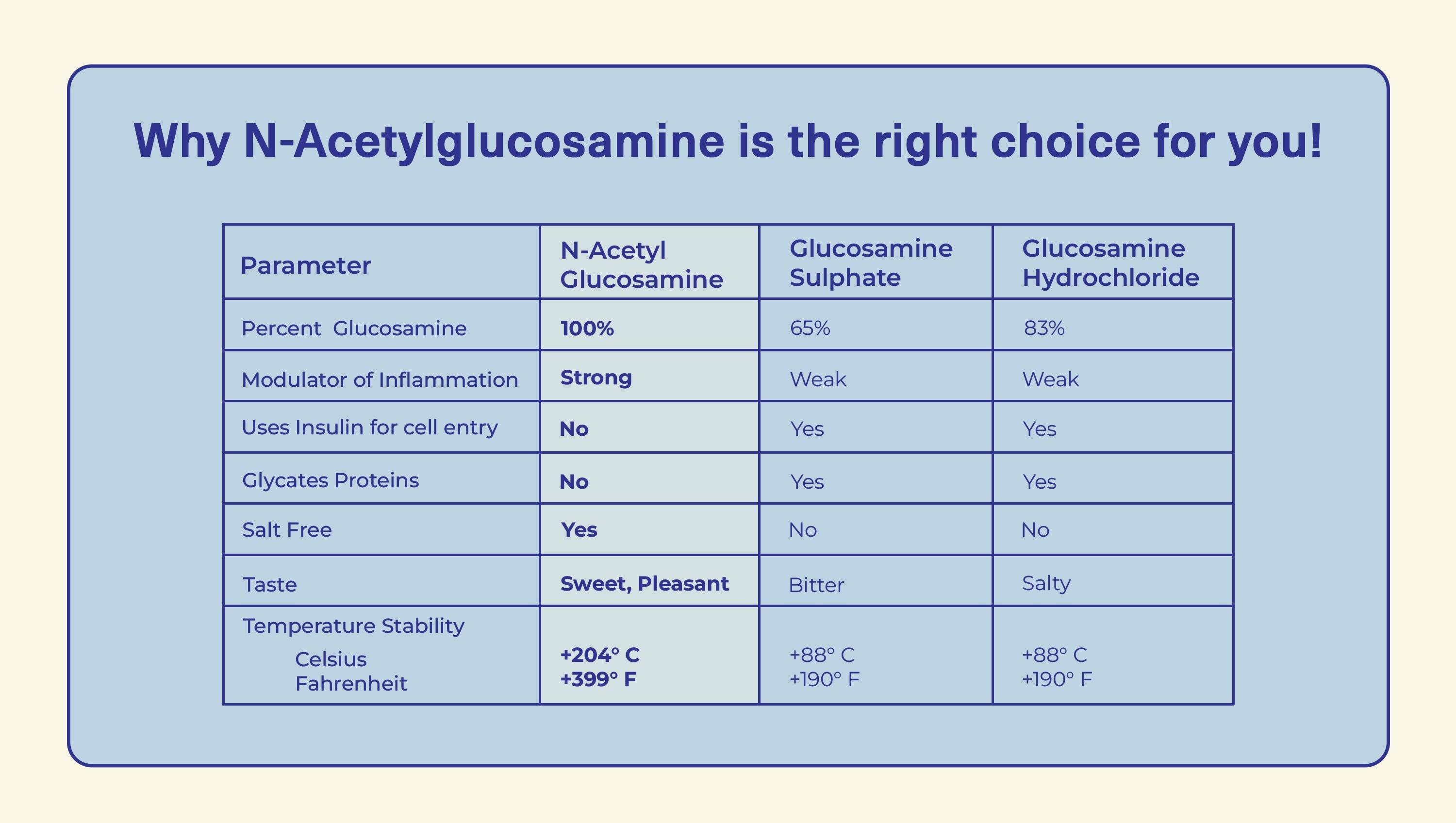

· De Ankita Ahlawat
From Stress to Comfort: Unravelling the Joint Pain Puzzle
In today's fast-paced world, it's no surprise that joint pain and stress-related issues have become increasingly common. Many of us are all too familiar with the discomfort of achy joints and the heavy burden of stress. What might surprise you, however, is the deep connection between these two issues. In this blog, we'll explore the intricate relationship between stress and joint pain, understand the science behind this connection, and discover how stress reduction techniques can significantly impact your joint health.
Understanding Stress and Joint Pain:
Stress is a normal reaction to the difficulties in life. It's how our bodies warn us about possible dangers and get ready to defend ourselves. On the other hand, chronic stress can have negative effects on our physical and mental health. However, diseases like rheumatoid arthritis and osteoarthritis are frequently linked to joint pain. But what if our assumptions about their connection were incorrect?
The Science Behind the Connection:
To understand this intricate relationship, we need to delve into science. Stress triggers the release of hormones, such as cortisol, which can increase inflammation in the body. Your joints may experience pain and discomfort as a result of this inflammation. The relationship is deeper than that, though, as joint pain can also be a major source of stress, setting off a vicious cycle that can be difficult to escape.
Impact of Stress on Joint Health:
Stress can have a significant effect on the health of your joints. Inflammation brought on by stress can aggravate pre-existing joint disorders and increase pain. Moreover, it may exacerbate muscle tension, which can result in stiffness and decreased range of motion.
The Impact of Stress Reduction on Joint Health:
The good news is that you can have a positive impact on the health of your joints by managing stress well. Deep breathing exercises, yoga, and meditation are some stress-reduction methods that can help lower cortisol levels and lessen inflammation in the body. You may notice that your joint pain becomes easier to manage when your stress level drops.
Lifestyle Changes for Stress Reduction:
It's crucial to maintain joint health in your daily life to incorporate stress reduction techniques. A balanced diet, regular exercise, and enough sleep should also be prioritised in addition to meditation and yoga. These alterations in lifestyle can help reduce stress and enhance joint comfort.
Seeking Professional Guidance:
It's critical to seek professional assistance if you're dealing with chronic stress and joint pain. A medical professional can assist you in creating a thorough plan that takes into account the health of your joints as well as your stress levels. They might suggest treatments, drugs, or dietary adjustments based on your particular requirements.
Conclusion:
Although the connection between stress and joint pain is complicated, comprehending it can be a crucial first step towards getting better. You can enhance your general well-being and joint health by adopting stress-reduction strategies and adopting healthier lifestyle choices. Recall that for a happier, healthier you, finding serenity in movement is not only possible but also necessary.



